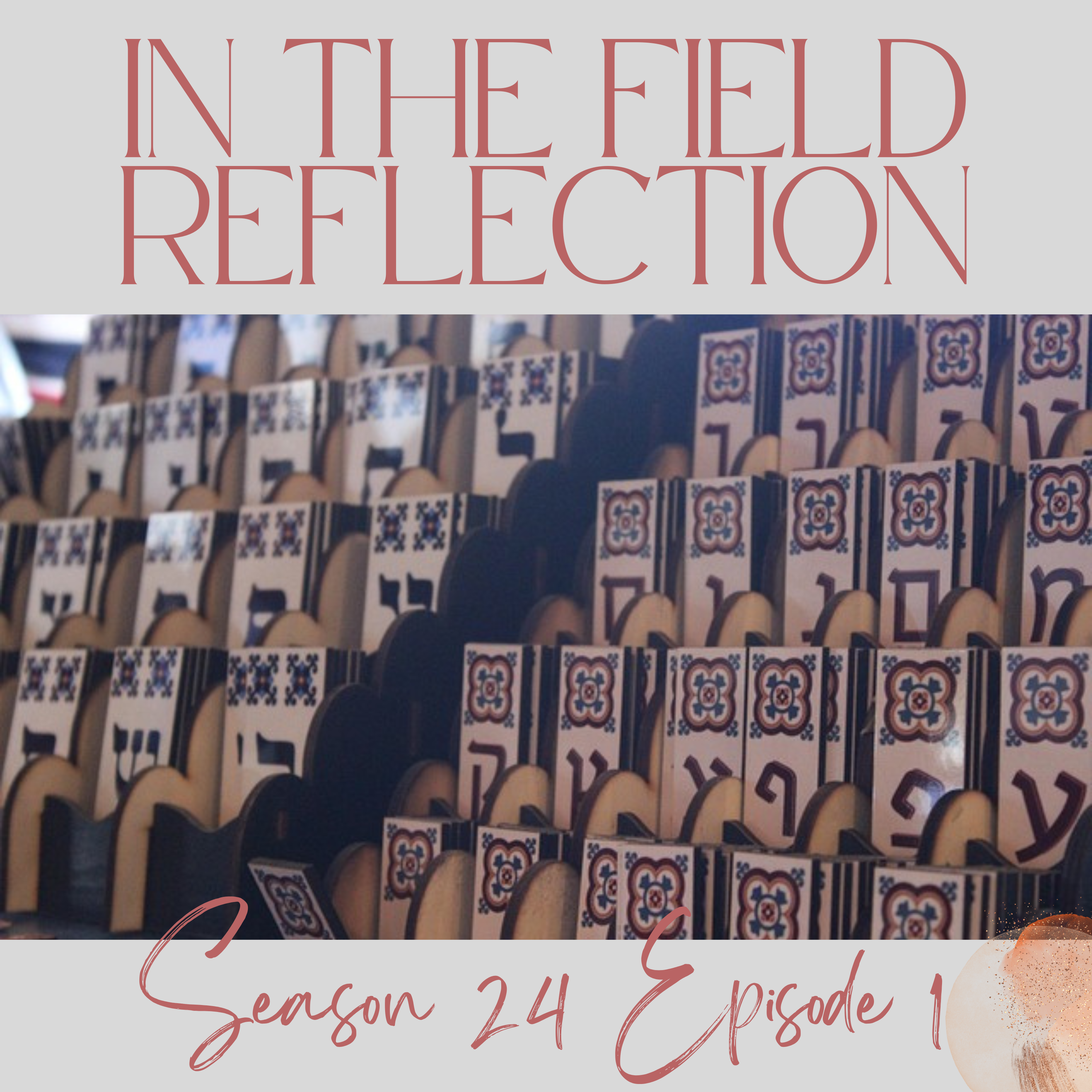Loyalty Beyond Borders: Ruth's Journey from Moab to Bethlehem

The Book of Ruth begins with a journey born of desperation – a Hebrew family leaving the Promised Land during a famine to seek sustenance in Moab, a foreign land with foreign gods. Ruth's journey from Moab back to Bethlehem becomes the heart of this narrative, transforming what began as economic necessity into a profound story of covenant loyalty. This opening chapter introduces us to themes of loyalty, faith, and divine providence that resonate deeply with our own spiritual journeys today. The narrative centers around three women – Naomi and her two daughters-in-law, Orpah and Ruth – who face devastating loss and must make life-altering decisions in the aftermath of grief.
The story opens in Bethlehem during "the days when the judges ruled," a period characterized by moral relativism where "everyone did what was right in their own eyes." This setting provides crucial context, showing how Ruth's steadfast loyalty shines even brighter against the backdrop of a faithless generation. Elimelech, Naomi's husband, makes the difficult decision to relocate his family to Moab during a severe famine. This geographical move carries profound spiritual implications – leaving the Promised Land meant stepping away from the center of covenant community and worship.
After Elimelech's death, their sons marry Moabite women, creating cross-cultural families that bridge ancient divisions. The marriages represent more than romantic unions; they symbolize how God's redemptive work often transcends cultural boundaries. For ten years, these families build lives together until tragedy strikes again – both sons die, leaving three widows with no male protectors in a patriarchal society. This devastating loss forces each woman to confront her identity, security, and faith in ways they never anticipated.
The emotional heart of chapter one occurs on the road between Moab and Bethlehem. Naomi, having heard the famine has ended, decides to return home. In one of Scripture's most poignant scenes, she urges her daughters-in-law to return to their mothers' houses where they might find new husbands and security. Orpah makes the practical choice, turning back toward the familiar comforts of Moab. But Ruth demonstrates extraordinary loyalty with her immortal declaration: "Where you go, I will go; where you stay, I will stay; your people shall be my people, and your God my God."
Ruth's pledge represents a complete surrender of her identity, security, and future. As a Moabite widow following her Hebrew mother-in-law, she embraces outsider status and probable poverty. Her decision flows against cultural expectations – loyalty typically moved upward from younger to older, from female to male, from foreigner to native. Yet Ruth reverses this flow, demonstrating sacrificial love that foreshadows Christ's own boundary-breaking compassion.
Upon arriving in Bethlehem, the women face another emotional moment as the townspeople recognize Naomi but see how grief has transformed her. Ruth's journey from Moab to this moment of recognition amplifies the cultural and emotional weight of their arrival. In a culture where names carried prophetic significance, Naomi renames herself "Mara" (bitter), declaring that "the Almighty has dealt bitterly with me." The contrast between Naomi's bitterness and Ruth's hopeful loyalty creates narrative tension that propels the story forward.
The chapter closes with perfect narrative timing – they arrive in Bethlehem at "the beginning of the barley harvest." This seemingly minor detail signals divine providence at work. What appears to be coincidental timing will become the avenue through which God provides for these vulnerable women and ultimately brings about redemption that extends far beyond their immediate needs.
Ruth chapter one invites us to reflect on how we respond to seasons of emptiness and loss in our own lives. Do we, like Naomi, allow bitterness to become our identity? Or do we, like Ruth, choose faithful loyalty even when it defies logical self-preservation? The chapter reminds us that God often works most powerfully in the lives of those who seem most powerless – foreign widows, the bitter and broken, those who have lost everything except their capacity to love and trust.
This ancient story speaks with remarkable freshness to contemporary issues of immigration, cross-cultural relationships, and choosing faith when circumstances tempt us toward bitterness. Ruth's declaration of loyalty has echoed through generations because it captures the essence of covenant faithfulness – not just between humans but mirroring the faithful love God extends to us. Her story reminds us that sometimes the most profound act of faith is simply saying "where you go, I will go" and meaning it with our whole hearts.



